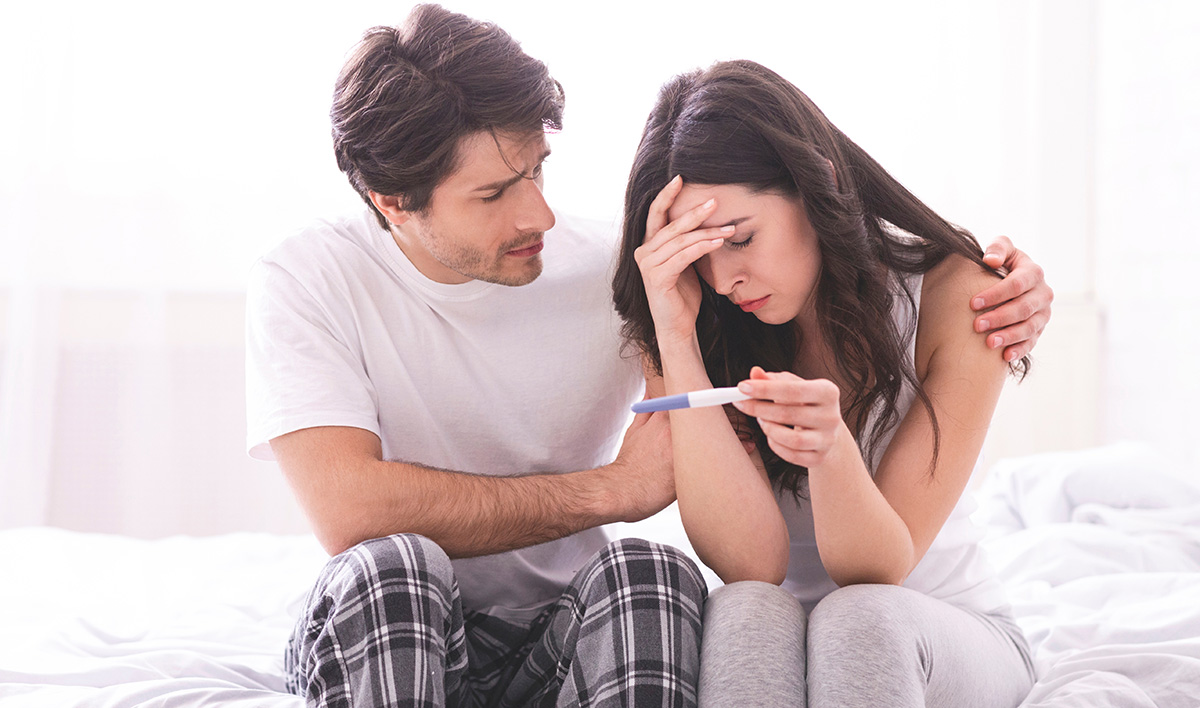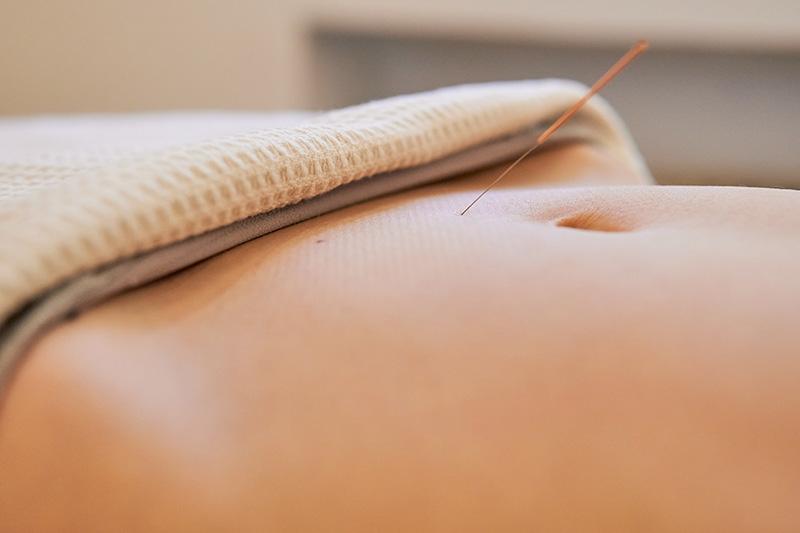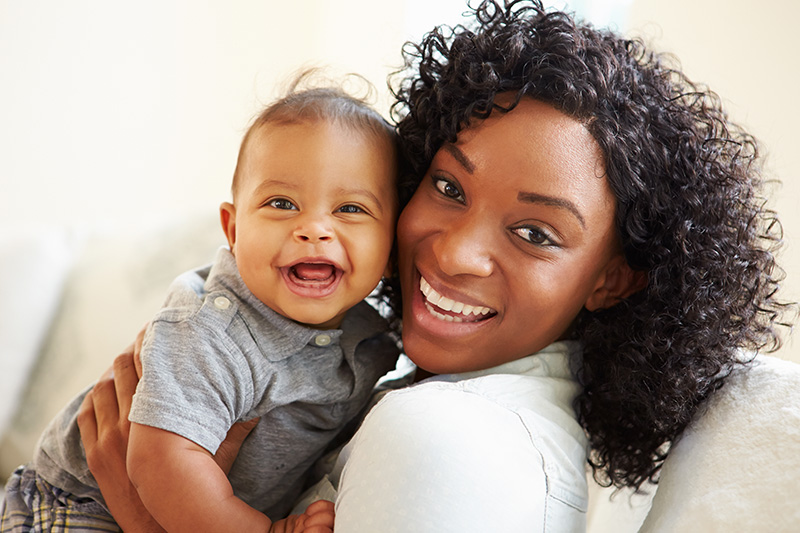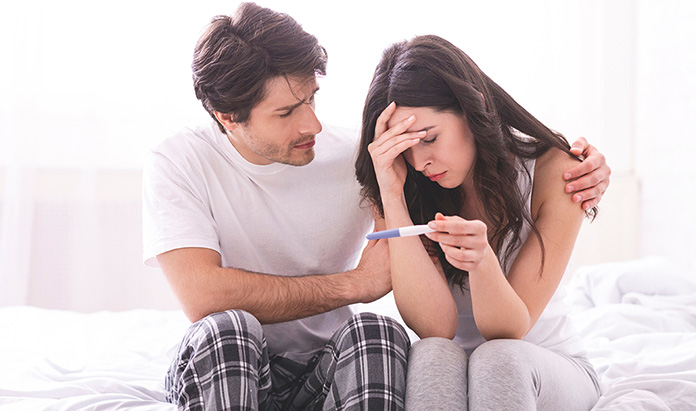
Infertility is a condition that affects millions of women worldwide, with various factors contributing to the challenges of conception. While traditional medical treatments often focus on hormonal therapies and assisted reproductive technologies, alternative therapies like acupuncture have gained traction for their potential to enhance fertility. This article delves into how acupuncture can assist women facing infertility, exploring its mechanisms, benefits, and integration into holistic fertility treatments.
Understanding Female Infertility
Before discussing acupuncture, it is essential to understand what female infertility entails. Infertility is typically defined as the inability to conceive after a year of regular, unprotected intercourse. Various factors can contribute to infertility, including hormonal imbalances, structural abnormalities in the reproductive system, age, and lifestyle choices.
Common causes of female infertility include:
1. Ovulatory Disorders: Irregular or absent ovulation can significantly hinder conception. Conditions such as polycystic ovary syndrome (PCOS) and thyroid disorders are common culprits.
2. Fallopian Tube Damage: Blocked or damaged fallopian tubes can prevent sperm from reaching the egg or the fertilized egg from reaching the uterus.
3. Uterine Conditions: Abnormalities such as fibroids, endometriosis, or polyps can interfere with implantation and pregnancy.
4. Age: As women age, fertility naturally declines due to a decrease in the quantity and quality of eggs.
5. Lifestyle Factors: Factors such as stress, poor diet, obesity, smoking, and excessive alcohol consumption can negatively impact fertility.
What is Acupuncture?
Acupuncture is a traditional Chinese medicine practice that involves inserting thin needles into specific points on the body to stimulate energy flow, known as “Qi” (pronounced “chee”). This ancient technique aims to restore balance and promote healing by targeting specific health issues. Acupuncture has been used for various conditions, including pain management, anxiety, and digestive disorders, and it is increasingly recognized for its role in supporting fertility.
How Acupuncture Can Support Female Fertility

1. Regulating Hormones: Acupuncture can help balance hormones that are crucial for ovulation and menstrual regularity. By stimulating specific acupoints, acupuncture may enhance the function of the hypothalamus and pituitary gland, which play critical roles in hormone regulation.
2. Improving Blood Flow: Enhanced blood circulation to the reproductive organs can improve ovarian function and uterine lining quality. Acupuncture may increase the flow of oxygen and nutrients to these areas, thus improving overall reproductive health.
3. Reducing Stress: Stress can have a profound impact on fertility by disrupting hormonal balance and reducing the chances of conception. Acupuncture is known for its relaxing effects, which can help lower stress levels and promote a sense of well-being. This can be particularly beneficial for women undergoing fertility treatments or facing emotional challenges related to infertility.
4. Supporting IVF and Other Treatments: Many women undergoing in vitro fertilization (IVF) and other assisted reproductive technologies incorporate acupuncture into their treatment plans. Research suggests that acupuncture may improve the chances of successful implantation and pregnancy rates when used alongside these medical interventions.
5. Addressing Underlying Conditions: Acupuncture can be effective in managing conditions such as PCOS, endometriosis, and fibroids, which can contribute to infertility. By addressing these underlying issues, acupuncture may improve overall fertility outcomes.
Research and Evidence
Numerous studies have explored the effects of acupuncture on female infertility, with findings suggesting positive outcomes. For example:
– A meta-analysis published in the journal “Fertility and Sterility” found that acupuncture significantly increased the pregnancy rates of women undergoing IVF. The study highlighted that acupuncture improved blood flow to the uterus and ovaries, contributing to better implantation conditions.
– Another study in the “Journal of Alternative and Complementary Medicine” indicated that women with irregular menstrual cycles experienced more regular cycles and improved ovulation rates after receiving acupuncture treatment.
While these studies show promising results, it is essential to note that more research is needed to establish the long-term effects and optimal treatment protocols for acupuncture in fertility treatments.
Integrating Acupuncture into a Fertility Plan
 If you are considering acupuncture as part of your fertility journey, it is crucial to approach it as a complementary therapy rather than a standalone treatment. Here are steps to effectively integrate acupuncture into your fertility plan:
If you are considering acupuncture as part of your fertility journey, it is crucial to approach it as a complementary therapy rather than a standalone treatment. Here are steps to effectively integrate acupuncture into your fertility plan:
1. Consult with a Healthcare Provider: Before starting acupuncture, discuss your fertility issues with a qualified healthcare provider. They can help determine whether acupuncture is appropriate for your specific situation and guide you on the best course of action.
2. Find a Qualified Practitioner: Look for a licensed acupuncturist with experience in treating fertility issues. They should have a strong understanding of both traditional Chinese medicine and reproductive health.
3. Establish a Treatment Plan: Work with your acupuncturist to develop a personalized treatment plan. The frequency and duration of treatments may vary based on individual needs and fertility goals.
4. Combine with Other Treatments: If you are undergoing assisted reproductive technologies, discuss with your fertility specialist about integrating acupuncture into your treatment plan. This can enhance your chances of success.
5. Maintain a Holistic Approach: Acupuncture works best when combined with a healthy lifestyle. Focus on maintaining a balanced diet, managing stress, and engaging in regular physical activity to support your overall reproductive health.
Potential Risks and Considerations
While acupuncture is generally considered safe, it is essential to be aware of potential risks and considerations:
– Infection Risk: Ensure that the acupuncturist uses sterile needles to minimize the risk of infection.
– Individual Reactions: Some individuals may experience temporary soreness or bruising at the needle insertion sites. These reactions are typically mild and resolve quickly.
– Medical Conditions: Women with certain medical conditions, such as bleeding disorders or those on blood thinners, should consult their healthcare provider before pursuing acupuncture.
Conclusion

Acupuncture offers a holistic approach to addressing female infertility, addressing hormonal imbalances, enhancing blood flow, reducing stress, and supporting overall reproductive health. As an adjunct therapy, it can complement traditional medical interventions and potentially improve the chances of conception.
While research supports its efficacy, individual responses to acupuncture can vary, and it is essential to approach treatment with realistic expectations. By working closely with healthcare providers and qualified acupuncturists, women can develop a comprehensive fertility plan that incorporates both conventional and alternative therapies, ultimately enhancing their chances of achieving a successful pregnancy.

Lee Schwalb is a licensed acupuncturist in New York City with over 20 years of clinical experience, treating a broad range of health issues, from idiopathic pain and acute injuries to stress, anxiety and many other conditions.

